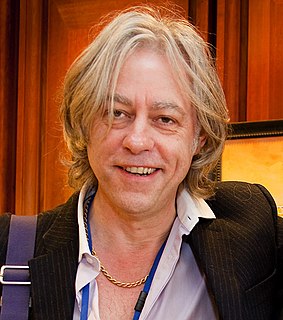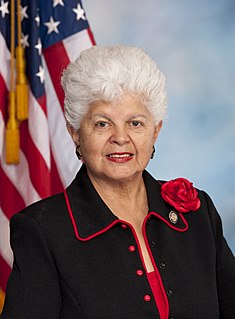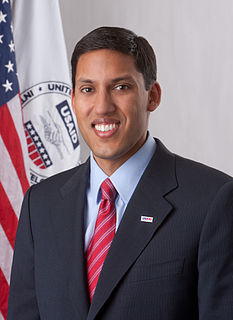A Quote by H. Rap Brown
The poverty program was not designed to eliminate poverty.
Related Quotes
I think one of the biggest mistakes that America has made - and maybe the world because this is, sort of, the core of communism and socialism - is that you can have perfect solutions to social problems like poverty, like crime. You're not going to eliminate all crime. Maybe you'll never eliminate all poverty.
Now, you might say – “But why should we pay people for doing what they’re supposed to do?” It’s a fair question – but think of it this way: Every other anti-poverty program that’s been tried has failed to get the national poverty rate below 11 percent... Why shouldn’t we experiment with a program built around the one strategy that has proven time and again to work wonders – capitalism?
Poverty is a strange and elusive thing. ... I condemn poverty and I advocate it; poverty is simple and complex at once; it is a social phenomenon and a personal matter. Poverty is an elusive thing, and a paradoxical one. We need always to be thinking and writing about it, for if we are not among its victims its reality fades from us. We must talk about poverty because people insulated by their own comfort lose sight of it.
We're looking at the singular condition of poverty. All the other individual problems spring from that condition... doesn't matter if it's death, aid, trade, AIDS, famine, instability, governance, corruption or war. All of that is poverty. Our problem is that everybody tries to heal each of the individual aspects of poverty, not poverty itself.
Seek the simplest in all things, in food, clothing, without being ashamed of poverty. For a great part of the world lives in poverty. Do not say, "I am the son of a rich man. It is shameful for me to be in poverty." Christ, your Heavenly Father, Who gave birth to you in the baptistery, is not in worldly riches. Rather he walked in poverty and had nowhere to lay His head.
If we continue on the trend we’re on, we can reduce extreme poverty by more than 60 percent-lifting more than 700 million people out of dollar-and-a-quarter a day poverty and back from the brink of hunger and malnutrition. But if we accelerate our progress from 3 percent annual reduction to over 6 percent and focus on key turnarounds in some difficult countries, we could get a 90 percent reduction. We could essentially eliminate dollar-and-a-quarter head count poverty.





































